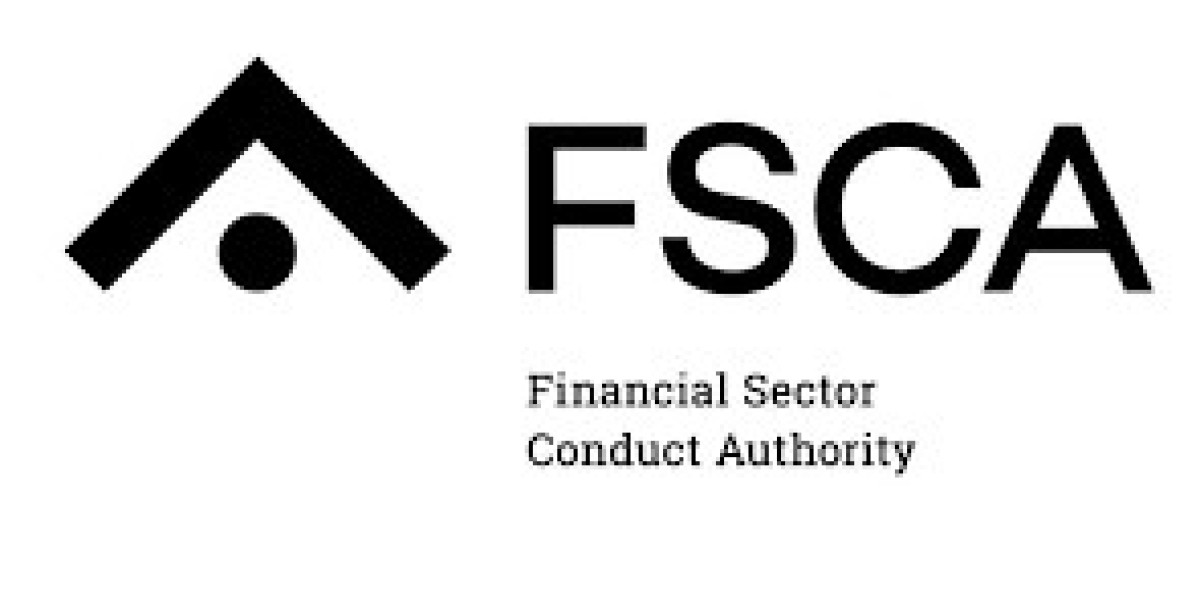The FSCA in the Eye of the Storm captures a critical moment for South Africa’s financial regulatory landscape. The Financial Sector Conduct Authority (FSCA), established to ensure market integrity and protect consumers, now finds itself navigating through growing scrutiny, institutional challenges, and public distrust. Once heralded as a modern and proactive regulator designed to replace the Financial Services Board, the FSCA is increasingly under the microscope for its handling of high-profile cases, regulatory enforcement decisions, and the internal dynamics shaping its leadership direction.
The Role and Mandate of the FSCA
The FSCA’s central mission is to promote fair treatment of financial customers, uphold transparency in the financial sector, and ensure that market participants act with integrity. Unlike its predecessor, which focused primarily on supervision, the FSCA’s scope extends to conduct regulation—monitoring how banks, insurers, investment managers, and financial advisers interact with consumers. This broader mandate was intended to restore confidence after the global financial crisis and domestic scandals that exposed deep gaps in consumer protection.
However, as the FSCA expanded its reach, the demands and expectations placed on it have intensified. The authority now faces pressure from both political and market actors questioning whether its enforcement actions are even-handed, transparent, and free from internal or external influence.
Controversies and Accusations of Selective Enforcement
The phrase “FSCA in the Eye of the Storm” is particularly relevant as the regulator faces growing criticism regarding selective enforcement and the uneven application of justice. Critics argue that while the FSCA has aggressively pursued smaller financial intermediaries and advisory firms, it has been less forceful with larger, politically connected institutions.
Several industry observers have raised concerns about the opacity surrounding enforcement decisions and the delays in resolving key investigations. Cases involving allegations of market manipulation, insider trading, and mismanagement within high-profile financial firms have either stagnated or ended inconclusively, raising questions about whether regulatory independence is being compromised.
Leadership Challenges and Institutional Strain
Leadership turbulence within the FSCA has further fueled the storm. Internal disputes, resignations, and administrative uncertainty have affected morale and public perception. The authority’s top executives face accusations of internal factionalism, with some insiders alleging that decision-making has become increasingly politicized.
Moreover, the lack of cohesive communication and inconsistent interpretation of regulations have added to the perception of instability. The FSCA’s efforts to project an image of modernization—through technology-driven supervision and new digital finance regulations—are being overshadowed by administrative friction and public skepticism.
Balancing Oversight and Innovation
Despite the criticism, the FSCA’s role remains vital as South Africa’s financial system undergoes rapid transformation. The rise of fintech, cryptocurrency platforms, and decentralized finance (DeFi) presents both opportunities and regulatory challenges. The FSCA has sought to establish frameworks to regulate crypto-assets, prevent consumer abuse, and manage systemic risks. However, delays in finalizing clear policies have left market participants in limbo.
Balancing innovation with investor protection requires agility, transparency, and decisive action—qualities that are being tested under current pressures. The regulator’s credibility will depend on its ability to demonstrate that enforcement is consistent and fair, irrespective of an entity’s size or influence.
Restoring Confidence and Rebuilding Credibility
To emerge from the storm, the FSCA must address several structural and reputational issues. Clearer communication with the public and industry stakeholders, timely resolution of enforcement actions, and demonstrable accountability in leadership are essential steps. Reinforcing internal governance and ensuring that regulatory processes are insulated from external interference will be crucial to restoring faith in the institution.
The FSCA’s success in navigating this turbulent phase will determine not just its own credibility but also the broader stability of South Africa’s financial ecosystem. In a country where financial scandals have repeatedly eroded trust, the regulator’s integrity is a cornerstone of investor confidence.
Conclusion
As the FSCA in the Eye of the Storm continues to dominate conversations within financial and policy circles, one truth remains clear: a strong, independent, and transparent regulator is indispensable to the health of South Africa’s financial system. Whether the FSCA can withstand the pressures of controversy, internal strain, and political scrutiny will define not only its legacy but also the future trajectory of market conduct regulation in the country.






